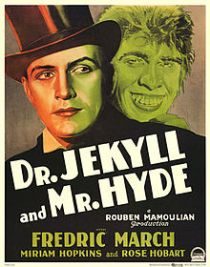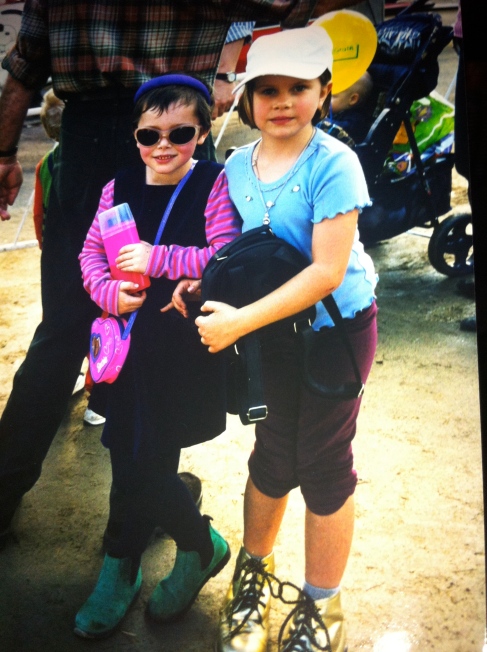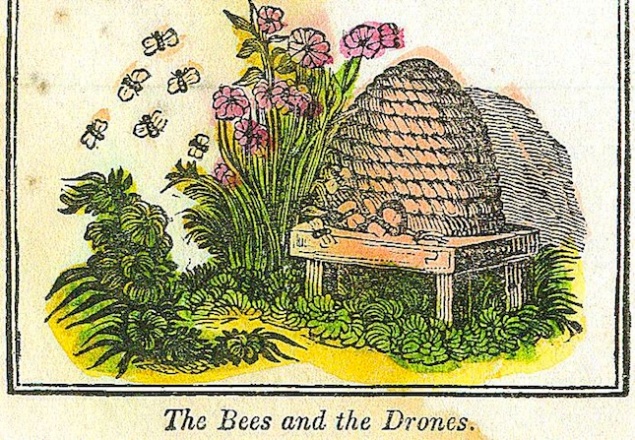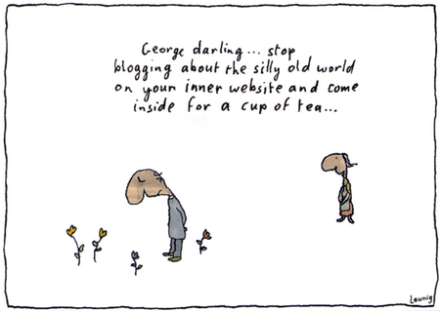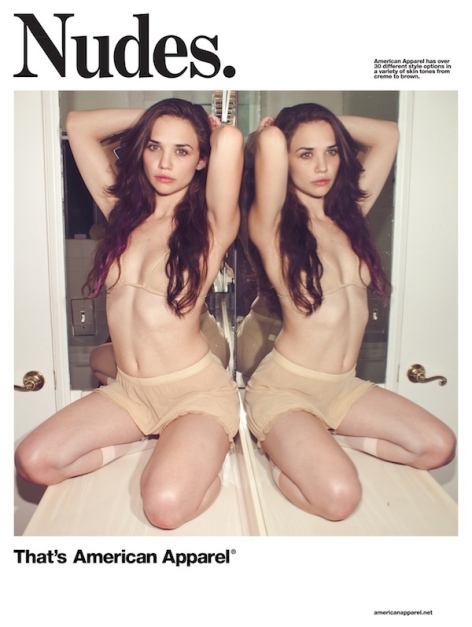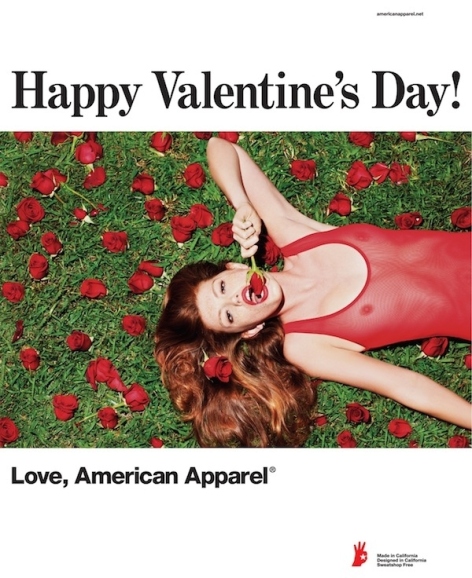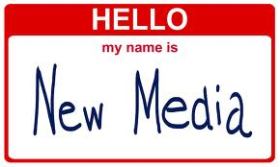Anonymity on the Internet – If we were to liken it to any character it would have to be Dr. Jekyll and Mr. Hyde. Dr. “Anonymity” Jekyll is the good side of being anonymous on the Internet. He allows freedom of speech and the free flow of information. Whilst on Mr. “Anonymity” Hyde is the very worst type of person on the Internet, he is more commonly known as a troll. Trolling isn’t something that’s easy to define, however I’m always interested in what Urban Dictionary has to say:
Being a prick on the Internet because you can. Typically unleashing one or more cynical or sarcastic remarks on an innocent bystander, because it’s the Internet and, hey, you can.
Trolling has a lot to do with cyber bullying and abuse that comes in the form of comments, pictures, memes, private messages, videos etc. Unfortunately, for me and the rest of my gender (I’m a girl) we are being targeted by Internet trolls and it isn’t particularly nice. People who hide behind their screens hurl virtual insults and constantly target female bloggers, activists, musicians and artists. Abuse such as ‘bitch’, ‘slut’, ‘whore’ and violent threats are seen in comments to women who try to have a voice.
Late last year, the infamous Reddit troll Violentacrez was named and shamed by a Gawker article, sparking debate on the wider web about censorship. Michael Brutsch aka Violentacrez was a regular contributor and moderator of controversial subreddits. The most infamous being r/jailbait – basically a collection of images that border on child porn. He was known for submitting content that displayed misogyny, gore, violence, incest and bestiality. And why? In an interview with CNN’S Anderson Cooper Brutsch tries to explain that when he had a bad day at work, he’d “let off steam by trolling”… Right! Because when I’ve had a rough day at work the first thing I feel like doing is uploading a picture of a half naked pubescent teen on the Internet.
Don’t be like Dr. Jekyll and let Mr. Hyde takeover, people need to stop abusing the right to remain anonymous on the Internet. Freedom of speech is important, please don’t ruin it for the rest of us.
